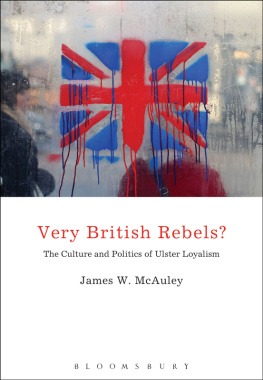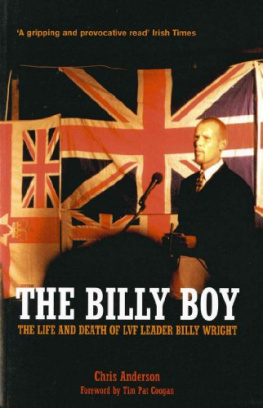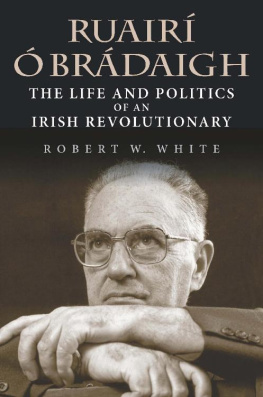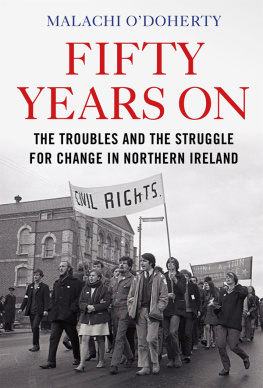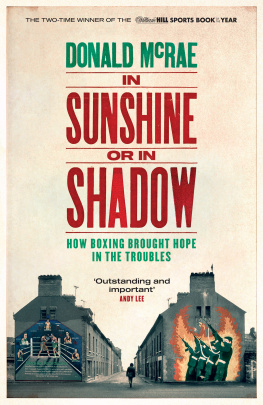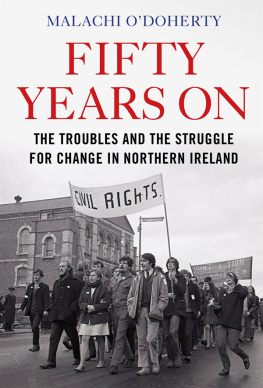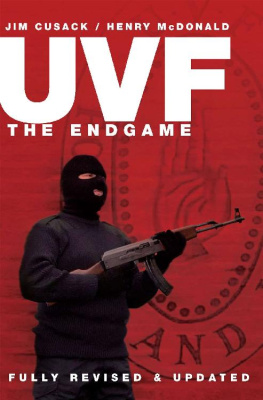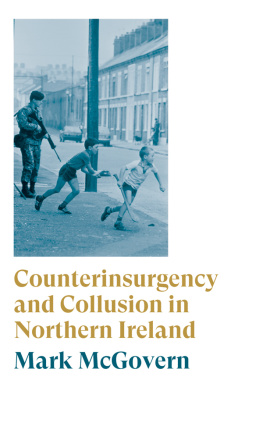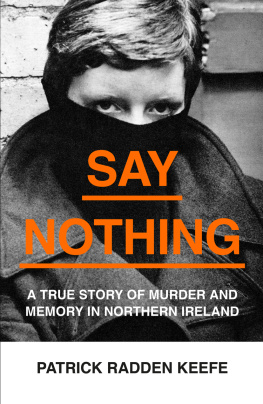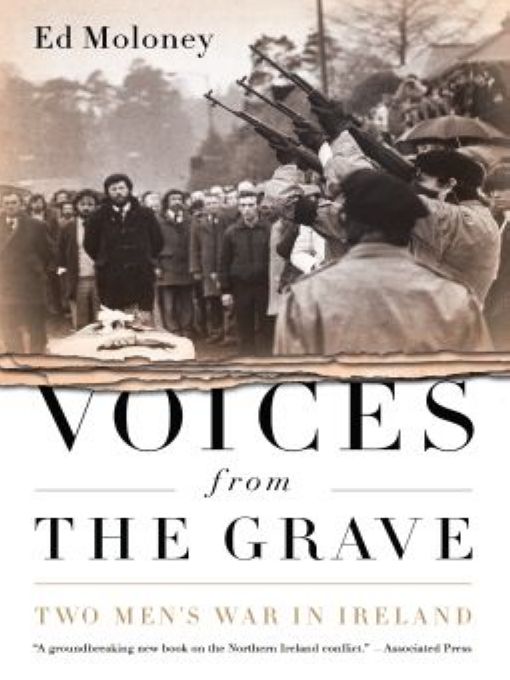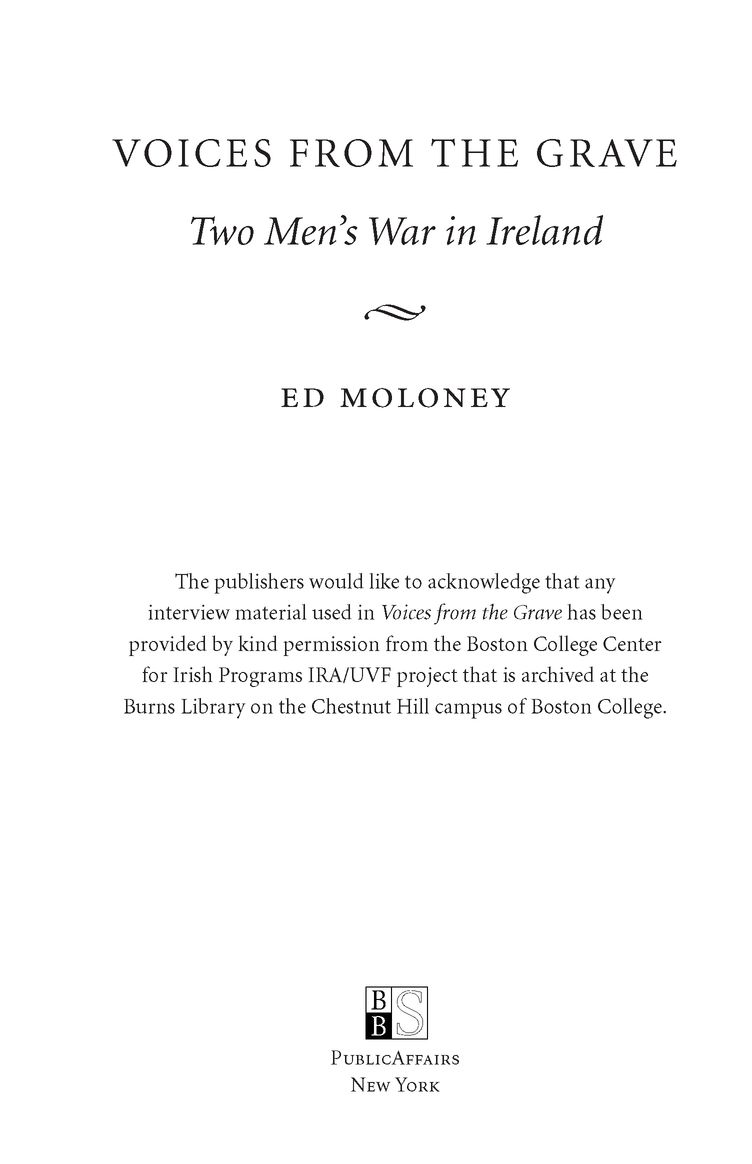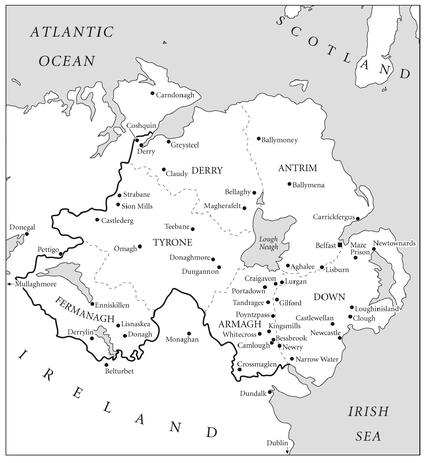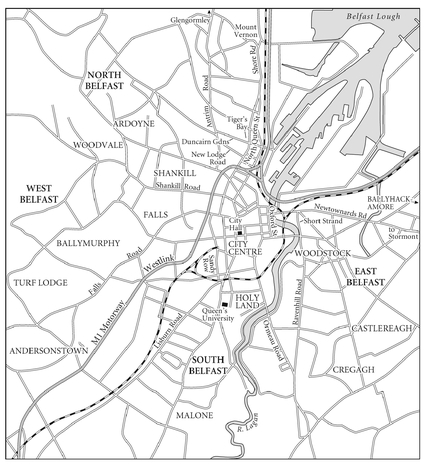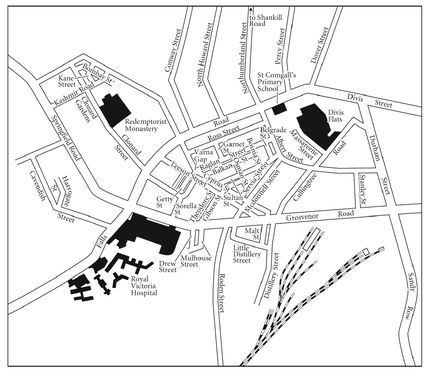Table of Contents
by the same author
THE SECRET HISTORY OF THE IRA
PAISLEY: FROM DEMAGOGUE TO DEMOCRAT?
This book is dedicated to all those who shared their memories with the researchers from Boston College.
ILLUSTRATIONS
Catholic families in Belfast flee their burning homes in the wake of Loyalist attacks. Belfast Telegraph
Curfew on the Falls Road, 1970. Victor Patterson
Seamus Twomey confronts British troops at Lenadoon. Victor Patterson
British troops patrol Divis Street. Belfast Telegraph
Bloody Friday, July 1972. Pacemaker Press International
Jean McConville with three of her children. Pacemaker Press International
Gerry Adams photographed by British military intelligence after his arrest. Victor Patterson
Ivor Bell photographed by British military intelligence after his arrest. Victor Patterson
Brendan Hughes photographed by British military intelligence after his arrest. Victor Patterson
Mass card for Paddy Joe Crawford. Reproduced with kind permission of Gerry McCann.
Robert Basher Bates, one of the Shankill Butchers. Pacemaker Press International
Brendan Hughes in prison hospital during the failed 1980 hunger strike. Pacemaker Press International
Brendan Hughes comforts a woman wounded in the Milltown cemetery attack, 1988. Derek Speirs
Brendan Hughes in his Divis Tower flat with Anthony McIntyre. Kelvin Boyes
Gerry Adams carrying Brendan Hughess coffin. Kelvin Boyes
McGurks Bar, December 1971. Belfast Telegraph
Explosion on Talbot Street in Dublin, 1974. Belfast Telegraph
David Ervine poses with Gusty Spence and fellow UVF internees in Long Kesh. From the Bobbie Hanvey Photographic Archives, John J. Burns Library, Boston College, presented to Hanvey by Gusty Spence, and used with the permission of Gusty Spence, though photographer uncertain.
Gusty Spence reviewing UVF internees on parade in Long Kesh. From the Bobbie Hanvey Photographic Archives, John J. Burns Library, Boston College, presented to Hanvey by Gusty Spence, and used with the permission of Gusty Spence, though photographer uncertain.
Gusty Spence with Buck Alec Robinson. From the Bobbie Hanvey Photographic Archives, John J. Burns Library, Boston College, presented to Hanvey by Gusty Spence, and used with the permission of Gusty Spence, though photographer uncertain.
David Ervine and Billy Hutchinson after their election to the new Northern Ireland Assembly, 1998. Pacemaker Press International
Gerry Adams comforts David Ervines widow, Jeanette. Kelvin Boyes
Map of Northern Ireland showing some of the places referred to in the book
Map of Belfast showing some of the places referred to in the book
Map of the Lower Falls Road area, c. 1969, showing some of the places referred to in the book
PREFACE
This book represents the inaugural volume of a planned series of publications drawn from the Boston College Oral History Archive on the Troubles in Northern Ireland. The transcripts of interviews with Irish Republican Army and Ulster Volunteer Force veterans, most of whom were operationally active, are housed at the Universitys Burns Library and are subject to prescriptive limitations governing access. Boston College is contractually committed to sequestering the taped transcriptions unless otherwise given a full release, in writing, by the interviewees, or until the demise of the latter.
With the production of this initial book in the projected series, the General Editors wish to acknowledge the tireless and fruitful work of the project coordinator, Ed Moloney, whose personal contacts, professional skills, and established reputation as an accomplished journalist and historian were an incalculable asset in this undertaking. Profound thanks are also owed to Anthony McIntyre and Wilson McArthur, formerly activists from opposing sides who each took degrees at Queens University, Belfast, and whose contacts among IRA and UVF paramilitary veterans helped make this oral history a reality.
Paul Bew, politics professor and senior political adviser to a Northern Ireland first minister, together with two historians who remain anonymous, assisted in an assessment of the information contained in the recorded interviews. Lord Bew strongly encouraged Boston College to document and archive the stories of paramilitaries who fought on both sides of that sectarian divide, known more popularly as the Troubles, because it was such a natural fit. Boston College has had a long interest in Ireland and offered a welcoming and neutral venue in which participants felt a sense of security and confidentiality that made it possible for them to be candid and forthcoming. What Bew perceived as the real value of the IRA/UVF accounts was in what they revealed about the motives and mind sets of participants in the conflict, a resource of inestimable value for future studies attempting better to understand the phenomenology of societal violence.
Ed Moloneys succinct and instructive introduction further underscores the scope and significance of the extraordinary archive on which this seminal account is based. What may not be as readily apparent to many people is why Boston College was seen as a familiar and trusted institution by all parties participating in this programme. Not only has the Irish Studies Faculty participated in faculty exchanges and appointments at Ulster universities over the past two decades, with professors from those institutions also serving as visiting scholars at Boston College; the University awarded an honorary degree to Irish nationalist leader John Hume of the Social Democratic Labour Party in 1995 and to British Unionist David Trimble of the Ulster Unionist Party in 1999.
Moreover, for a period of some twelve years the Irish Institute at Boston College has provided educational seminars for public officials, business leaders, policing authorities, etc., under a programme sponsored by the United States Congress, as a part of its effort to promote peace and reconciliation in Northern Ireland. Under the aegis of the Department of State, the Irish Institute has hosted seminars both at Boston College and at best-practice professional counterparts throughout the United States. The Irish participants come from the Republic and Northern Ireland, including some from both sectarian communities in the North. More than eight hundred people from various professions in Ireland have participated to date, and the seminars, especially those on community policing, cultural diversity and local-government management, have nurtured networking contacts among formerly adversarial groups in Northern Ireland who now perceive Boston College as their enabler.


